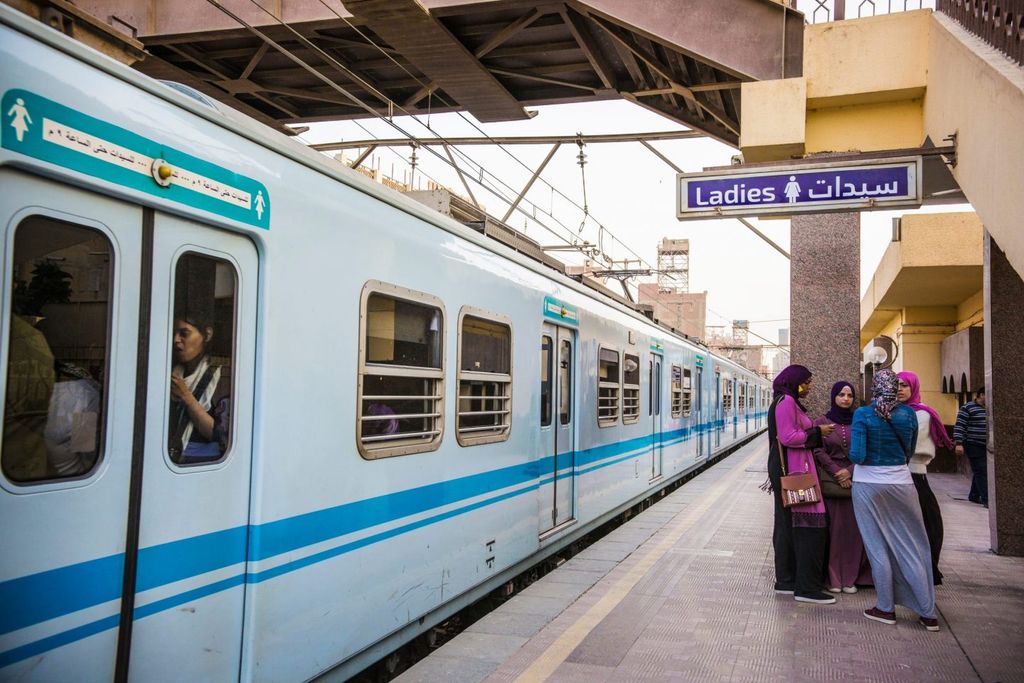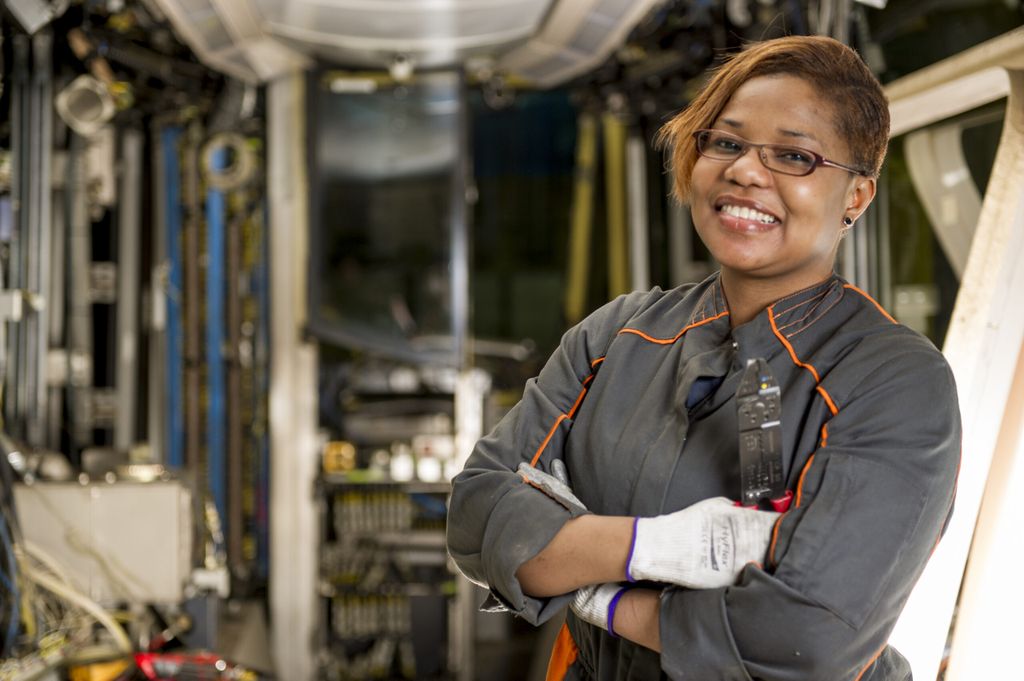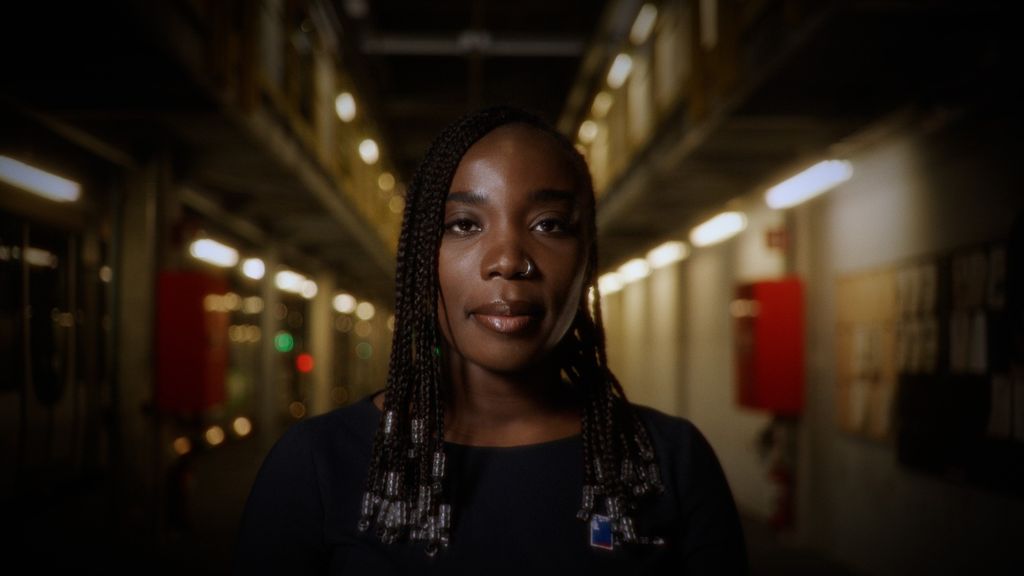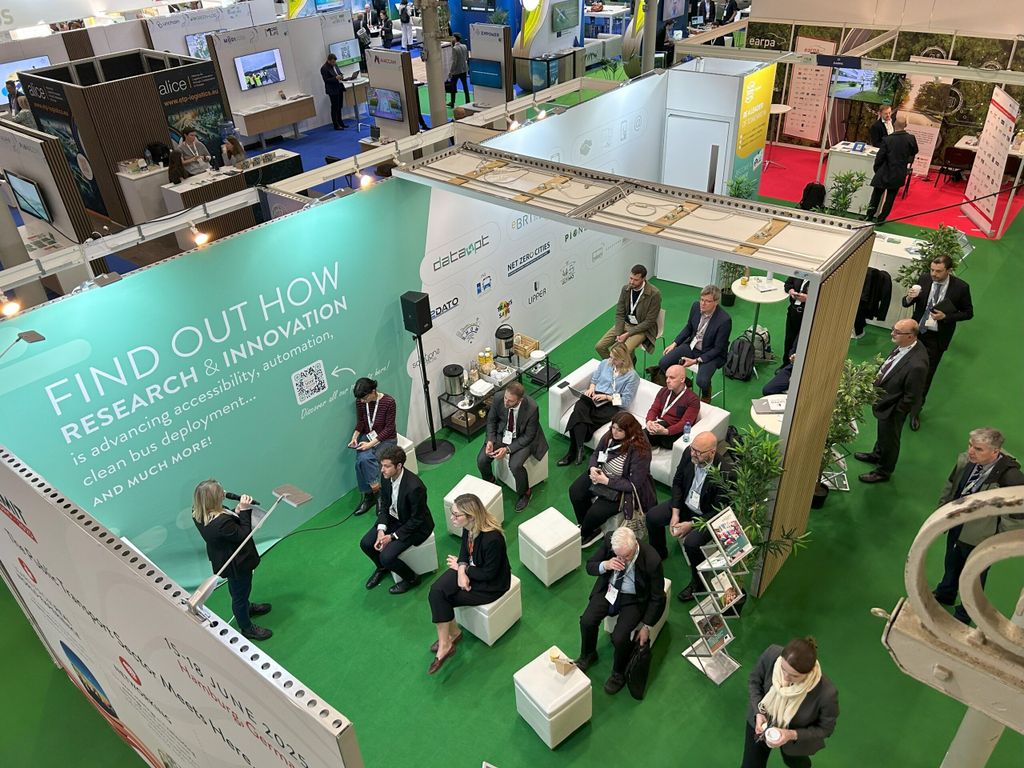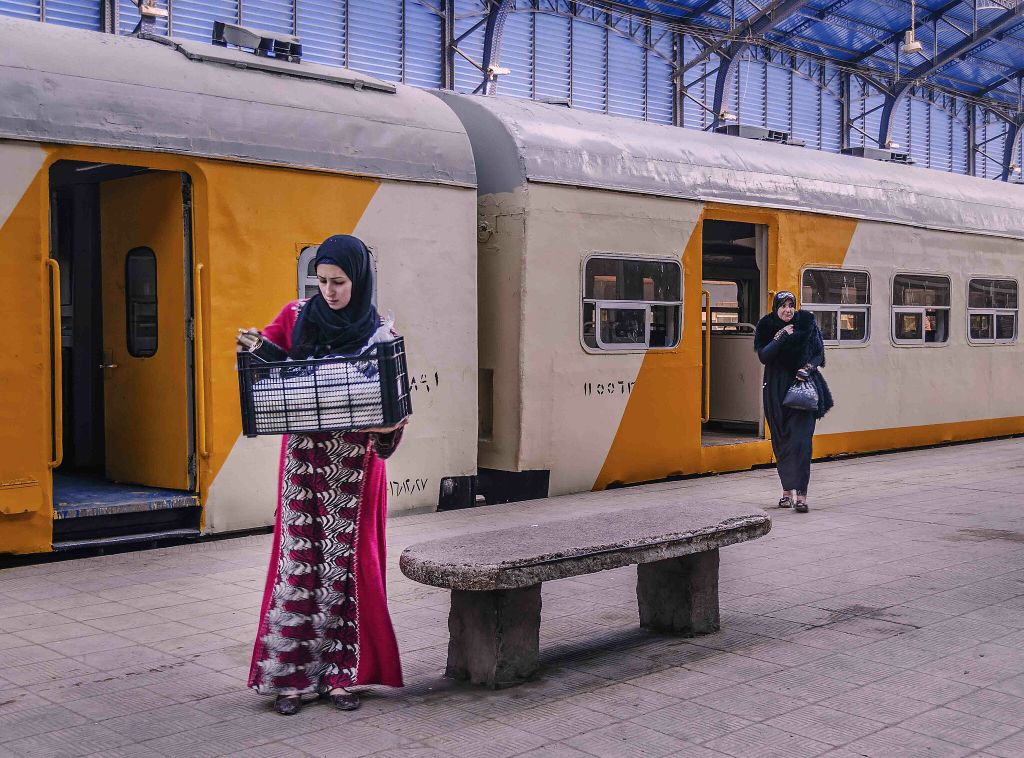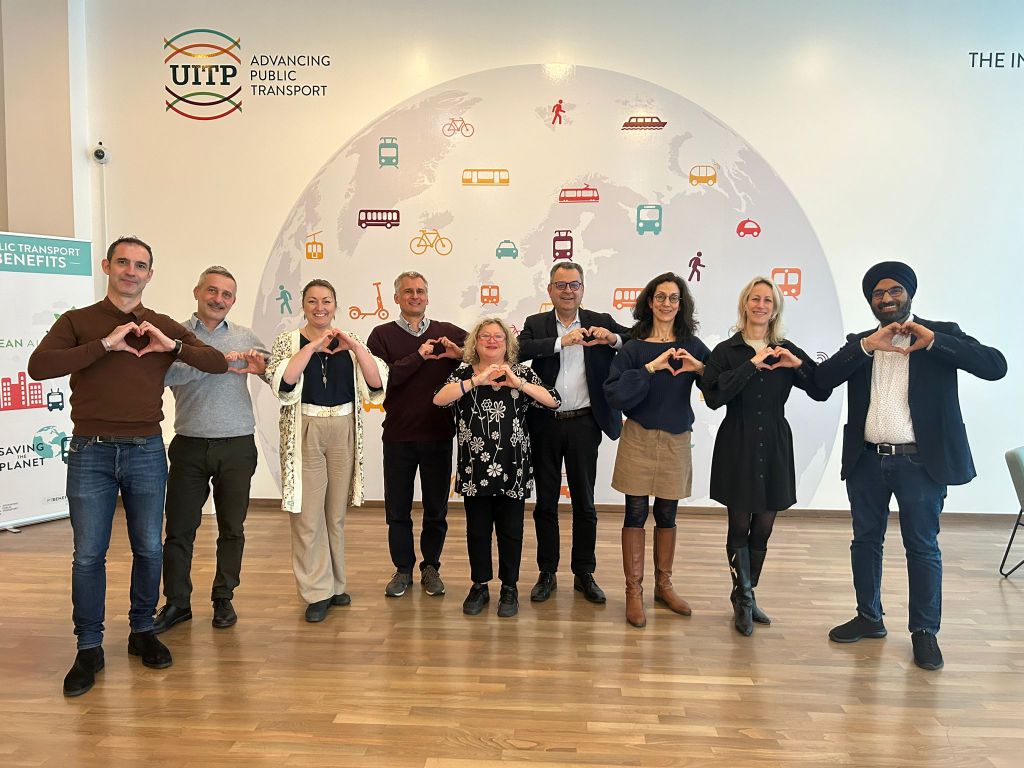
Adding value to our sector with action on diversity: UITP issues a new policy on gender equality
UITP has been looking inward at how to tackle the gender imbalance in the sector
Earlier this year, UITP launched a new focus on Women in Leadership to show the importance of advocating for a better gender balance at all levels of the transport sector.
It’s important that public transport is accessible to everyone, and within UITP, we’re looking at our own approach to implementing the appropriate policies to best fit our team of international colleagues.
Led by Lindsey Mancini, Head of the UITP Secretary General’s Office, we issued a communication to our staff about our new company-wide gender policy. So to dive a little deeper into our thinking, we sat down with Lindsey to find out the history behind our our gender policy, why UITP has one and what it means for the wider public transport sector.
Here’s Lindsey to tell us more about this pivotal policy for UITP…
Hi Lindsey, firstly let’s start with what is a gender policy and why does UITP need one?
It has been proven beyond doubt that gender parity helps an organisation thrive. The public transport sector, however, is not generally a good example of this. Public transport networks have traditionally been designed and operated by men for men, so the specific needs of women are not always met.
The sector badly needs more women in all roles to address this. UITP’s gender equality policy is one important step in this direction. The aim of the policy is to ensure that UITP as an employer makes every effort to achieve and maintain gender parity, as well as encouraging more women members to be involved in UITP activities.
So, why has this policy come out now?
The policy was drafted with the support of Policy Board members some time ago and has now been implemented internally. However, it is necessary to keep awareness amongst staff high by talking about it regularly.
On top of that, we have increasingly found that we need to include the policy in project proposals, or when new members join the association, they ask what our policy is. As we started sharing it more widely, we began getting very positive feedback, so we decided to publish it more widely.
It also fits in with our Women in Leadership campaign that is running this year, with a variety of activities shining a light on the need for more women in leadership positions.
Is this policy for the UITP Secretariat or does it include UITP members as well?
The policy covers both internal measures for UITP as an employer as well as measures related to our work with members.
In terms of internal measures, we are proud to say that we have no gender pay gap, and we have revised our recruitment practices to ensure they are fair for both male and female applicants.
We are not getting everything right though – despite the secretariat staff counting more women than men, and being gender balanced at middle management level, the top management is dominated by men by 7:1. This is clearly an issue, but it will not change overnight.
In terms of UITP’s activities, we have commitments to increase the representation of women on UITP Boards and all working bodies and increasing the number of women speakers at our events. With our Boards, we have made substantial progress: our Executive Board has progressed from having no women at all in 2017, to being one third female today.
We plan to double the women speakers at our events and we are generally hitting that target. Indeed, our latest major event on 26 October, the Urban Mobility Dialogue, was balanced with almost 50-50 split.
Our aim is not to involve more women because it’s trendy to be diverse. It is because diversity brings added value to UITP and to the sector. In our efforts to involve more women at UITP, we hope to inspire our members and the wider sector to do the same.
Now, you mention internal measures, is there anywhere else where this policy comes into effect?
The most well-known aspect of our policy is our no-manel (men-only panel) policy. When UITP is invited to speak at an event, we inform the organisers of our policy. Sometimes the organiser takes on the responsibility and ensures that the panel includes both men and women. Sometimes UITP ensures that we put forward a female speaker. In the end we have averted dozens of manels and brought an elevated level of awareness amongst our members and partners by doing so.
Another important area covered in our policy is UITP’s database of contacts. It currently sits at 23% women, which is in line with the average percent of women working in the public transport sector. We are taking active action to increase the share of women in our database so that we can really build a transport sector that adapts to their needs.
It is only by engaging with more women across all of our activities that we will really make a difference.
And is there any such support in reaching UITP’s gender equality goals? What good practices do you recommend?
Supporting colleagues to implement the policy is very important! Putting together balanced panels, finding excellent women trainers, even talking about the policy with members is easier said than done! At our staff retreat last month, colleagues requested some support in this area, so we are putting together some tips and tricks to help.
Some of the ideas in the tips and tricks include making a note of excellent female speakers and experts that staff might meet in their daily interactions. In terms of events, we find building sessions starting with female speakers, then adding men once we have a good level of involvement, is a great way to ensure balance from the beginning. It is important to avoid having only one woman per session – last minute cancellations can leave you with a problem!
These are just some of the practical tips that we share, but it’s also important to talk about the issues openly. At the retreat session I mentioned earlier, some colleagues expressed concern that inviting women just because they are women rather than their expertise is counter-productive and just tokenism. Clearly, that is not at all the objective. In our experience so far, it might take a bit more digging to find excellent women contributors, but they are out there, and bring quality in droves.
Our aim is not to involve more women because it’s trendy to be diverse. It is because diversity brings added value to UITP and to the sector. In our efforts to involve more women at UITP, we hope to inspire our members and the wider sector to do the same.
Thank you Lindsey for explaining the thinking behind our policy and we agree that it really is a great step in the right direction for gender equality at UITP and the wider public transport sector!
Interested to hear more about UITP’s Women in Leadership campaign? It is our focus this year as part of our wider PT4ME campaign, advocating for on gender equality in the sector.
become a member


